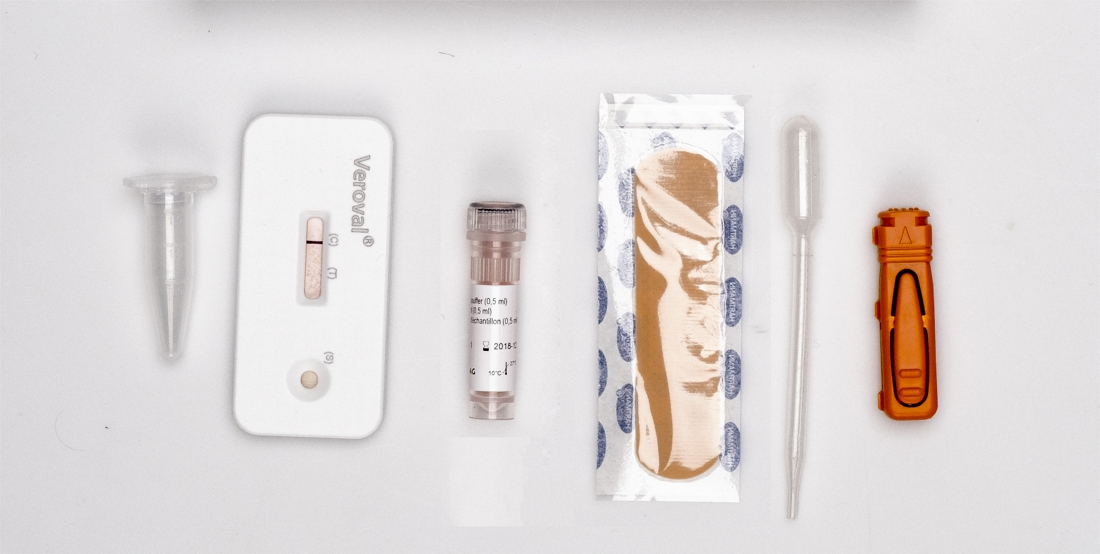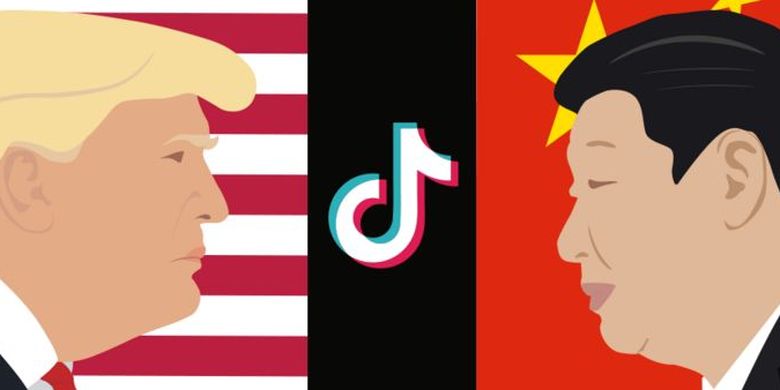The sale of self-tests that detect antibodies against the new coronavirus is no longer prohibited. The federal medicines agency (FAMHP) reports this on Monday. At the same time, the FAMHP warns that a misinterpretation of the result can give users a false sense of security or cause unnecessary worry.
–
The self-tests do not require the intervention of a physician or other healthcare professional to obtain a sample or interpret the result. These are antibody self-tests, which indicate whether someone has developed antibodies against the coronavirus. The tests therefore cannot determine whether it is an active infection.
Sales of those tests were banned for a six-month period in March 2020. This precaution was taken because at that time there were no self-tests on the market that complied with European legislation in areas such as safety and performance. Since Saturday, the ban is no longer in force. “Since compliant self-tests may be available soon, the ban on their sale has not been extended,” reports the FAMHP.
Both false positive and false negative
The drug agency does urge caution. It indicates that both a false positive and a false negative result are possible. In addition, the test result does not provide a definite answer to the question whether someone is protected or not. ‘The result therefore does not change the rules on hand hygiene, keeping your distance and wearing mouth masks,’ emphasizes Ann Eeckhout, spokeswoman for the FAMHP.
The FAMHP also recommends that you only buy self-tests from a reliable source, such as the pharmacist.
– .


